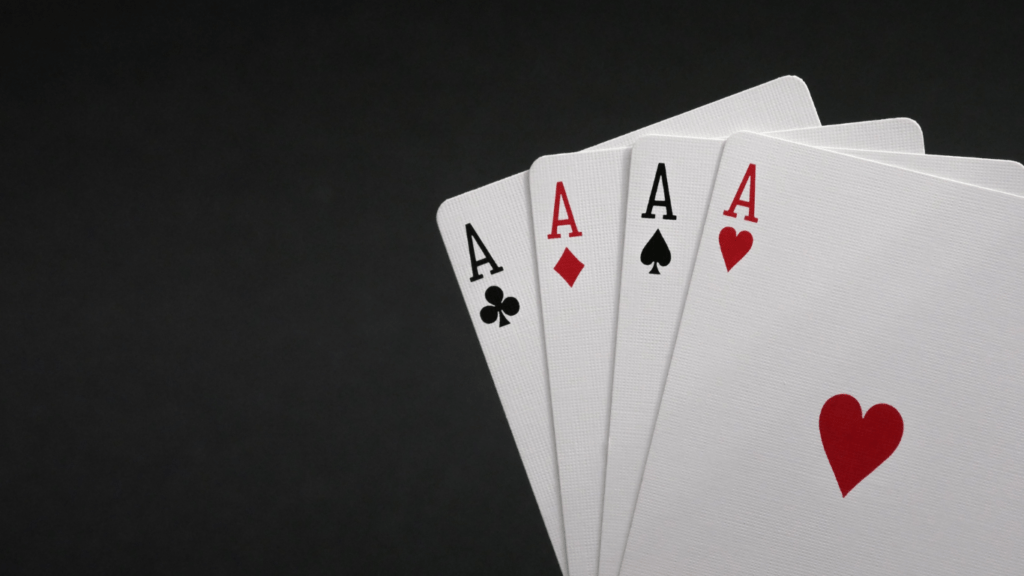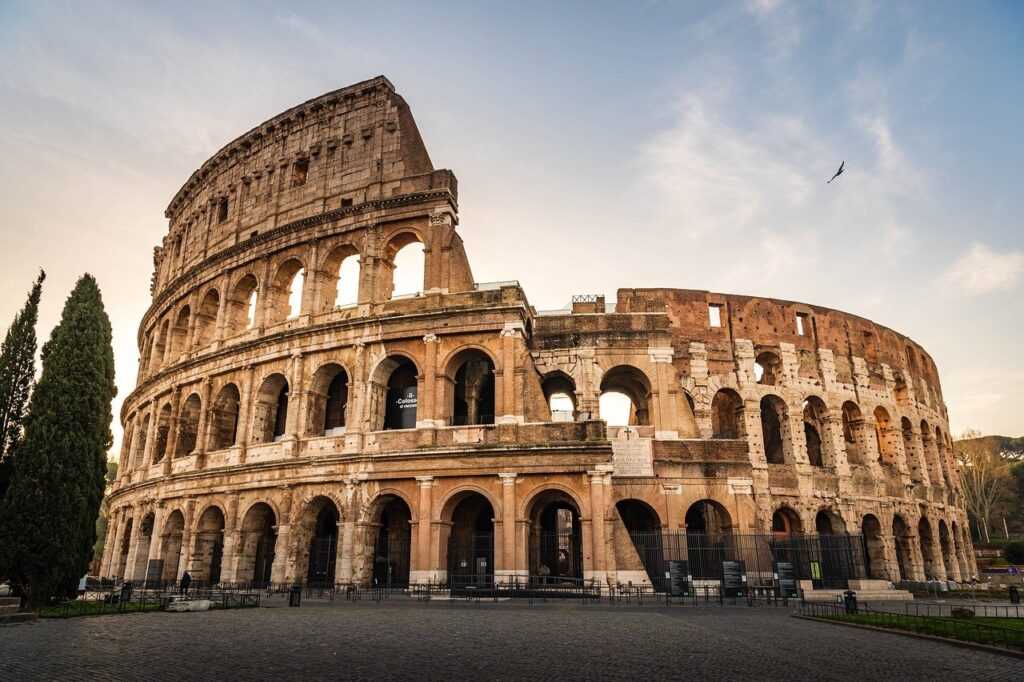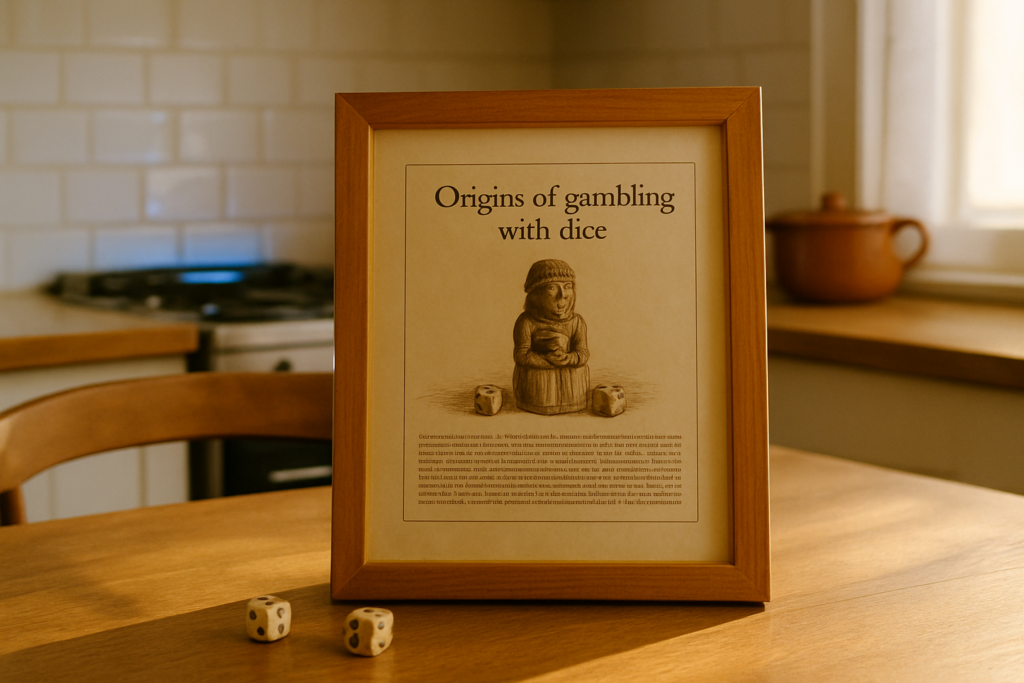Delving into the historical tapestry of Medieval Europe unveils a fascinating evolution – the rise of card games and betting. As I explore the corridors of time, I uncover a realm where entertainment intertwined with risk-taking, shaping the cultural landscape of the era. The emergence of card games not only offered amusement but also provided a glimpse into the societal norms and values of Medieval Europe.
In this article, I’ll navigate through the origins of card games, shedding light on how these pastimes transcended mere recreation to become a reflection of the society that birthed them. From the alleys of bustling market towns to the grand halls of nobility, card games and betting wove a narrative of chance, skill, and social interaction. Join me on a journey to uncover the allure and impact of these timeless pastimes in the annals of Medieval Europe.
Origins of Card Games in Medieval Europe
Exploring the origins of card games in Medieval Europe reveals a captivating journey intertwined with societal dynamics and cultural nuances. Card games were not merely forms of recreation but mirrored the values and norms prevalent during that epoch. As I journey through the annals of history, the emergence of card games in market towns and noble halls portrays a narrative of chance, skill, and social engagement that reverberated throughout Medieval Europe.
Influence of Gambling Culture
Exploring the Influence of Gambling Culture during the Medieval Era sheds light on the profound impact of these activities on society.
Development of Betting Practices
Betting practices flourished in Medieval Europe, reflecting the era’s penchant for risk-taking and chance. Common forms of betting included wagering on game outcomes, jousting tournaments, and even political decisions. These practices not only provided entertainment but also served as a social bonding experience, shaping social hierarchies and interactions.
Popular Card Games of the Era
Card games became a defining feature of social gatherings and events in Medieval Europe. Games like Tarot, Karnöffel, and Triumph displayed a blend of skill and chance, captivating players across all strata of society. The popularity of these games transcended borders, influencing cultural exchanges and shaping the leisure activities of the time.
Impact of Card Games on Society
Exploring the impact of card games on Medieval European society reveals the intricate web of societal influence these games held. Card games were not merely forms of entertainment but served as mirrors reflecting the cultural ethos and social structures of the time. They were deeply intertwined with the fabric of society, enriching interactions and shaping norms.
- Cultural Integration: Card games played a pivotal role in cultural exchanges during the medieval period, transcending boundaries of social class. Games like Tarot and Triumph were not just pastimes but platforms where individuals from different strata of society converged, fostering unity and understanding through shared experiences.
- Social Bonding: Card games became a medium through which people interacted, forming connections and strengthening social bonds. Whether in noble courts or humble dwellings, the act of playing cards brought individuals together, transcending differences and creating a sense of camaraderie.
- Expression of Skill and Chance: The blend of skill and chance in card games symbolized the delicate balance between effort and fate in medieval society. Players showcased their strategic prowess while acknowledging the unpredictable nature of outcomes, echoing the uncertainties of life in that era.
- Influence on Social Hierarchies: The popularity of card games among different societal strata blurred traditional boundaries, providing a platform where individuals could interact on a level playing field. This egalitarian aspect of card games challenged existing hierarchies, promoting a sense of equality among players.
- Development of Social Norms: The norms and etiquette associated with card games served as microcosms of larger societal expectations. Concepts of fair play, sportsmanship, and honorable conduct were upheld during gameplay, reflecting the values and virtues prized in medieval European society.
In essence, card games in Medieval Europe were not just about winning or losing; they were intricate tapestries woven into the social fabric, shaping interactions, fostering unity, and reflecting the values of a bygone era.



 Bertha Richardonner is the visionary founder of Gamble Wise Roots, a comprehensive platform dedicated to providing news and updates on the gambling industry. With a passion for demystifying the world of casinos, Bertha's expertise shines in simplifying casino basics, offering insights on understanding odds, and exploring the evolution of casino games.
Her deep dive into the origins of betting uncovers the cultural and historical roots of gambling, helping players make more informed decisions. Through Gamble Wise Roots, Bertha empowers enthusiasts with knowledge and a thoughtful approach to gaming.
Bertha Richardonner is the visionary founder of Gamble Wise Roots, a comprehensive platform dedicated to providing news and updates on the gambling industry. With a passion for demystifying the world of casinos, Bertha's expertise shines in simplifying casino basics, offering insights on understanding odds, and exploring the evolution of casino games.
Her deep dive into the origins of betting uncovers the cultural and historical roots of gambling, helping players make more informed decisions. Through Gamble Wise Roots, Bertha empowers enthusiasts with knowledge and a thoughtful approach to gaming.
